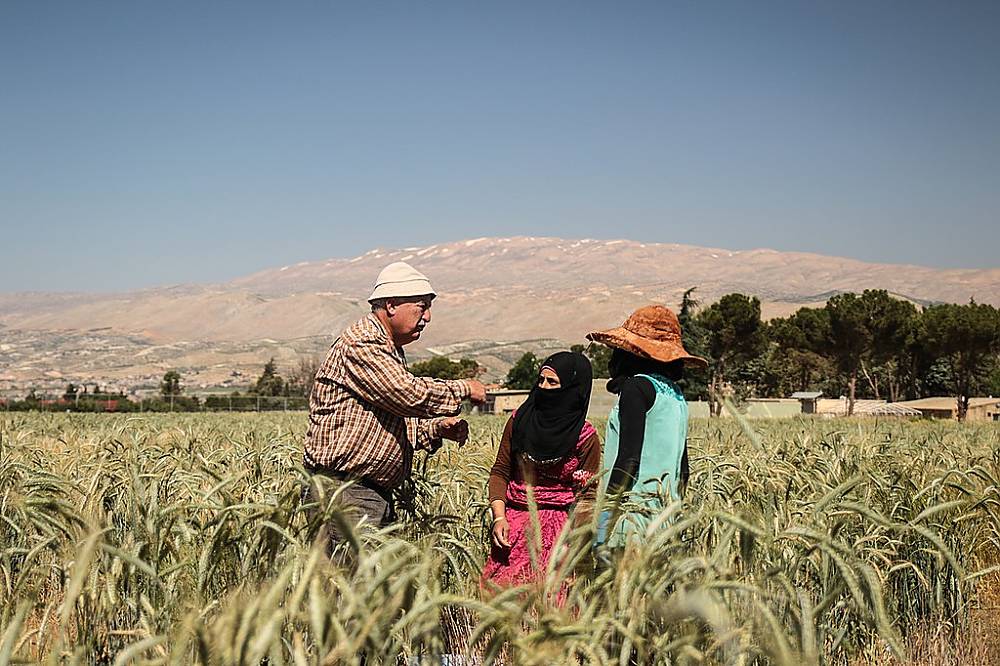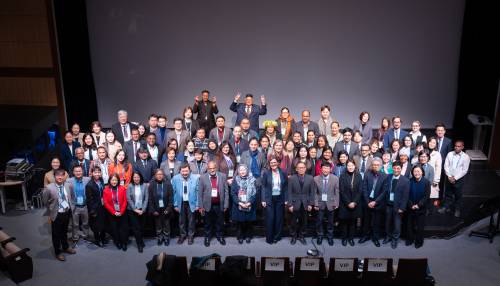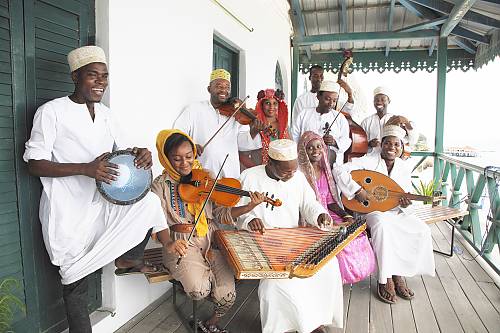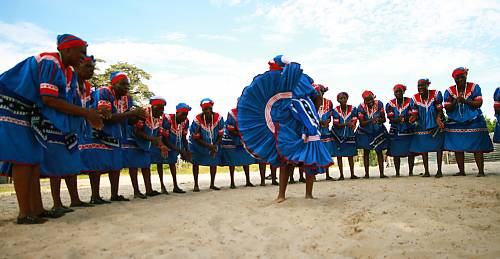In 2017, UNESCO’s regional office in Beirut launched a capacity-building project funded by the Government of Japan and implemented in collaboration with the Lebanese National Commission for UNESCO. This project strengthened human and institutional infrastructures for the safeguarding of Lebanese living heritage, which remains all the more important for the people of Lebanon in the ongoing context of economic turmoil.
Following the successful creation of a national network of trainers last year, the final activity of the project took place earlier this month. A three-day workshop was held in Beirut and brought together over 25 key stakeholders, including community members, intangible heritage experts, representatives of cultural institutions and local and national authorities. With the view to developing a strategy for the safeguarding of Lebanon’s rich and diverse intangible through a participatory process, a series of consultations with relevant actors involved in the safeguarding of intangible cultural heritage (ICH) preceded the workshop.
Co-facilitated by the two UNESCO-trained facilitators Annie Tohme-Tabet and Jean Hajjar, it included sessions on policy development and presentations on the impact of public policies on the safeguarding of living heritage and its transmission in such national and local context. Participants were introduced to the different policy fields and discussed how to encourage communities and civil society’s constant involvement in ICH policymaking, and its safeguarding.




